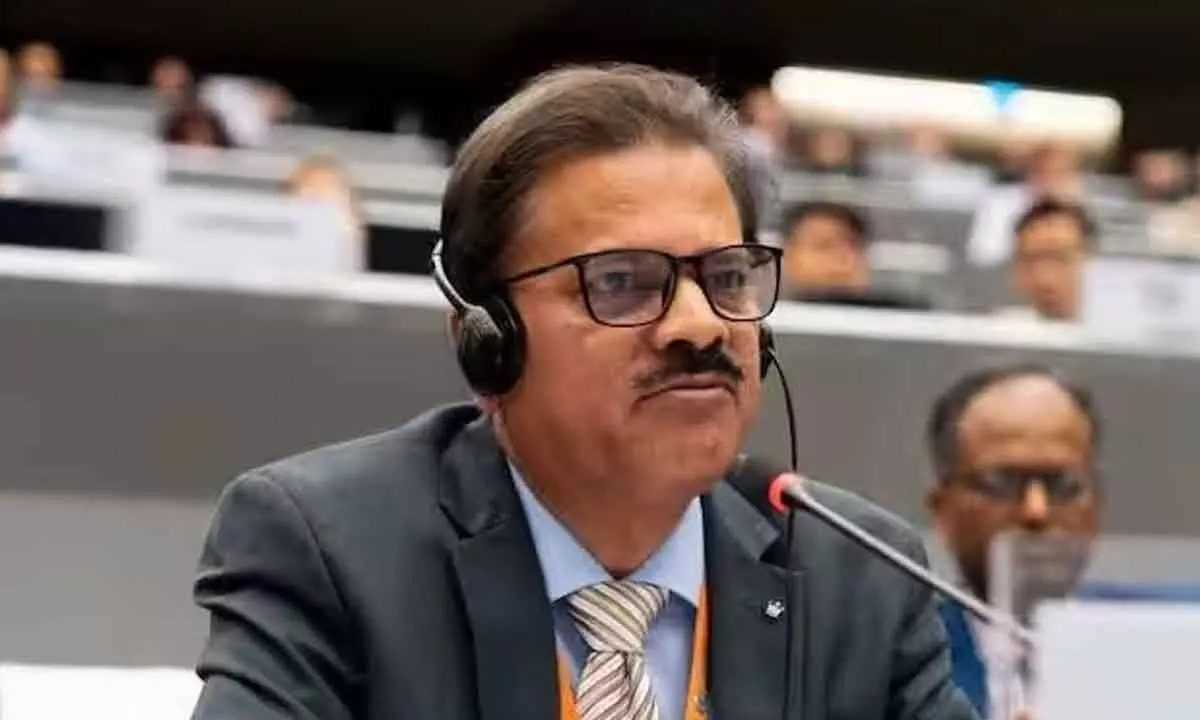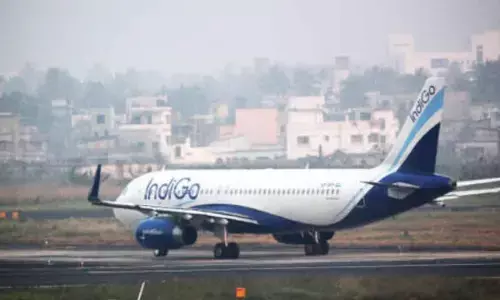Accurate forecasts changing perception of IMD, says Mrutyunjay

New Delhi: The perception of India Meteorological Department has undergone a massive change as its weather forecasts have become more accurate and are communicated to its users promptly, its chief Mrutyunjay Mohapatra said. Speaking to a news agency, IMD Director General Mohapatra attributed this change to the IMD’s efforts to improve its forecasting techniques and accuracy.
“Nowadays, the scenario has changed. People have started relying on IMD forecasts for crucial decisions, even for events, such as weddings,” Mohapatra said. Everyone from food delivery company Zomato to Reserve Bank of India rely on the forecasts of the weather office for decision-making, he said.
Mohapatra emphasised that the weather forecasts issued by the IMD, especially, in terms of cyclones, have been appreciated around the world. “In fact, we are also issuing pre-genesis forecasts for cyclones, which has helped in reducing the loss of life and property at the sea,” he said, asserting that the IMD forecasts, on this count, have been better than National Hurricane Centre of the US.
Mohapatra said although the nation had developed weather forecasting capabilities quite early on, the delay in communicating the same to the likely affected regions due to lack of technology often held the IMD up to ridicule.
“Earlier, the deaths in a cyclone used to be in the few thousands, now they are reduced to tens or twenties,” the IMD chief said. The timely cyclone forecasts by the IMD have led to the timely evacuation of people to safer places and prevented loss of life, he said.
For Mohapatra, forecasting cyclones has been a personal journey as well with memories dating back to his childhood in a village in Odisha that had faced the brunt of natural disasters. In 1971, when Mohapatra was just six years old, a devastating cyclone struck his village, killing 10,000 people and decimating their entire paddy crop.
“It played a major role because whatever you experience in childhood plays an important role throughout your life,” he said.
Mohapatra recalled how on that fateful morning of October 29, 1971, his father had picked up early signs of the impending cyclone and gathered about 300 villagers to the three connected mud houses of the family and saved lives.
By evening, when the storm had passed, the villagers witnessed the trail of destruction as saline water had destroyed their paddy fields, leaving them without their primary food source. “That devastation made a mark on my life,” Mohapatra said.
He said through this personal tragedy, he gained a profound appreciation for the critical role of meteorological science in disaster mitigation.










